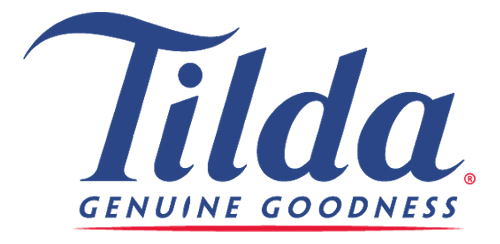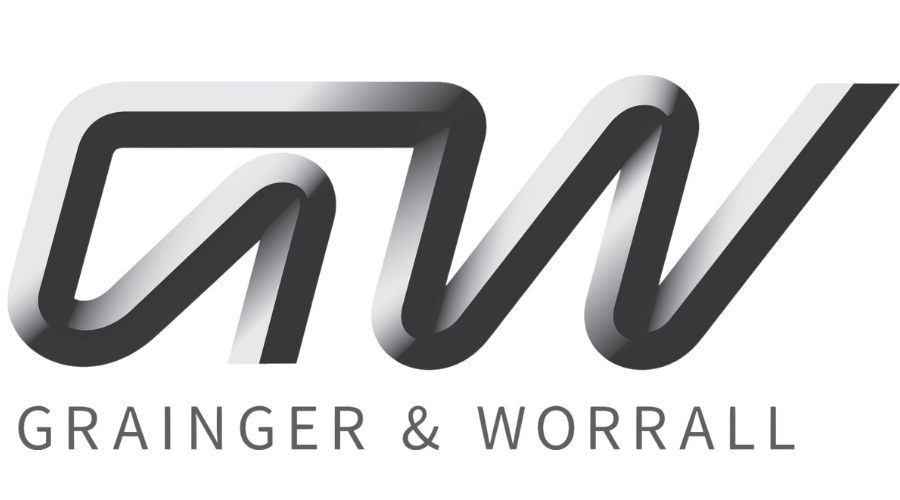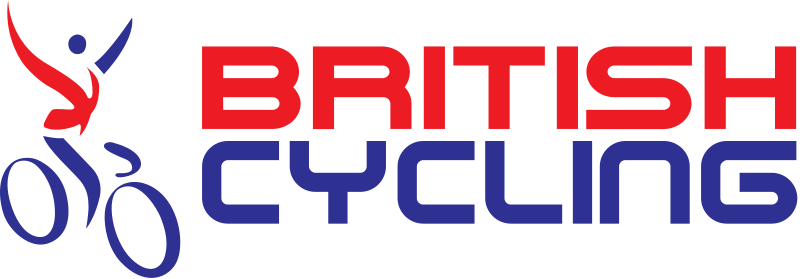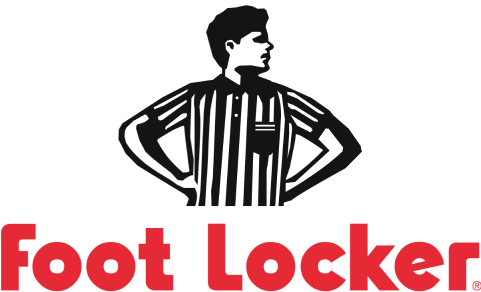Navigating Legal Compliance in HR
Navigating the complexities of legal compliance in Human Resources (HR) is a critical function for any organisation. Failure to comply with employment laws can result in significant legal and financial repercussions, as well as damage to the company's reputation. This blog will explore key areas of legal compliance in HR and provide practical strategies for staying on the right side of the law.
Understanding Employment Laws
Employment laws are designed to protect the rights of employees and ensure fair treatment in the workplace. These laws vary by country, state, and even city, covering areas such as:
- Hiring Practices: Regulations related to non-discriminatory hiring, background checks, and employment contracts.
- Wages and Hours: Laws governing minimum wage, overtime pay, and record-keeping for hours worked.
- Employee Benefits: Mandates on health insurance, retirement plans, and other benefits.
- Workplace Safety: Standards set by organisations like OSHA to ensure a safe working environment.
- Termination Procedures: Rules regarding wrongful termination, severance pay, and layoffs.
Key Areas of Legal Compliance in HR
-
Equal Employment Opportunity (EEO)
- Importance: Ensures all employees have equal access to job opportunities and promotions, regardless of race, gender, age, religion, or disability.
- Compliance Tips: Regularly train managers and HR staff on EEO policies, implement non-discriminatory hiring practices, and conduct regular audits of employment practices.
-
Wage and Hour Laws
- Importance: Protects employees from unfair pay practices and ensures they receive due compensation for their work.
- Compliance Tips: Keep accurate records of hours worked, classify employees correctly as exempt or non-exempt, and stay updated on changes in minimum wage laws.
-
Employee Benefits
- Importance: Complies with legal requirements for benefits and helps attract and retain top talent.
- Compliance Tips: Ensure that benefits packages meet legal standards, provide clear information to employees about their benefits, and regularly review benefit plans for compliance.
-
Workplace Safety
- Importance: Prevents workplace injuries and illnesses, ensuring a safe environment for all employees.
- Compliance Tips: Conduct regular safety training, perform workplace inspections, and maintain up-to-date safety records.
-
Employee Termination
- Importance: Reduces the risk of legal disputes and ensures fair treatment of employees during termination.
- Compliance Tips: Follow documented procedures for termination, provide clear reasons for termination, and offer severance packages where appropriate.
Strategies for Staying Compliant
-
Stay Informed
- Keep up with changes in employment laws and regulations by subscribing to legal updates, attending seminars, and consulting with legal professionals.
-
Implement Comprehensive Policies
- Develop and maintain clear HR policies and procedures that comply with legal requirements. Ensure these policies are accessible to all employees and consistently enforced.
-
Training and Education
- Regularly train HR staff and managers on legal compliance issues, including anti-discrimination laws, wage and hour laws, and workplace safety standards.
-
Conduct Regular Audits
- Periodically review HR practices and procedures to ensure they align with current laws. Address any areas of non-compliance promptly.
-
Leverage Technology
- Utilise HR software to manage compliance-related tasks such as record-keeping, reporting, and employee training. Automated systems can help ensure consistency and accuracy.
At HealthBoxHR, we prioritise staying up-to-date with the latest employment laws and regulations to ensure our platform remains compliant. Our dedicated team continuously monitors legal changes and updates the system accordingly, providing our clients with peace of mind and the tools they need to manage their HR responsibilities effectively. With HealthBoxHR, you can trust that your HR processes are always aligned with current legal standards, allowing you to focus on fostering a productive and positive workplace.































